LATVIJA.FM
Latvian Literature in Film and Theater: Stories That Breathe Beyond the Page
Latvian literature, deeply introspective and richly textured, has long served as fertile ground for cinematic and theatrical reinterpretation. From poetic stage dramas to hauntingly lyrical films, the nation’s novels, short stories, and poems continue to find fresh life under the lights of cinema and the boards of the theater. These adaptations are more than tributes—they are acts of transformation, allowing audiences to experience familiar works anew, with visual and emotional intensity that expands, deepens, and sometimes even challenges the meaning of the original text.
From Quiet Prose to Cinematic Poetry
Latvian literature is often defined by its restraint—stories that lean into silence, nature, and inner landscapes rather than spectacle. This subtlety has proven both a challenge and an opportunity for filmmakers. Pūt, vējiņi! (“Blow, Ye Winds!”), based on Rainis’ play, remains one of the most iconic examples of translating Latvian literature to screen. Its timeless themes of love, sacrifice, and national longing were brought to life in theater productions and the 1973 film adaptation, which blended folklore with poetic intensity. Through a visual language steeped in wind-swept seascapes and stark interiors, the film captured what Rainis only hinted at—turning suggestion into emotion, and metaphor into image.
The Stage as a Literary Mirror
Latvia’s theaters have long served as guardians of literary heritage. The Dailes Theatre, the National Theatre, and regional companies regularly stage adaptations of Latvian classics, giving voice to authors like Jānis Rainis, Aspazija, Rūdolfs Blaumanis, and Anšlavs Eglītis. Blaumanis’s Skroderdienas Silmačos (“Tailor Days at Silmači”) has become a summer tradition—a comedic celebration of rural life and character eccentricities, its familiarity only enhancing its dramatic effectiveness. Meanwhile, Rainis and Aspazija’s symbolist dramas remain in rotation not just as historical artifacts, but as living texts reinterpreted for new generations. On stage, literature becomes a mirror—sometimes nostalgic, sometimes provocative—but always alive.
Soviet-Era Cinema and Literary Allegory
During the Soviet era, Latvian filmmakers often turned to literary adaptations as a subtle form of resistance. By drawing on existing texts, they could explore national themes and existential questions under the protective veil of “classic culture.” Films like Nāves ēnā (“In the Shadow of Death”), adapted from Blaumanis’s 1899 story, used stark maritime imagery and claustrophobic tension to reflect broader feelings of entrapment and moral testing. These adaptations weren’t simply illustrative—they were layered, with cinematographers and directors using every frame to evoke mood and meaning. Literature, in this context, became a safe yet powerful vessel for collective introspection.
Modern Film: Intimacy, Minimalism, and Memory
In recent decades, contemporary Latvian directors have continued to draw from literary sources while experimenting with form and style. Films like Homo Novus (2018), based on Anšlavs Eglītis’s satirical novel of the same name, show how literature can be reshaped for the screen without losing its voice. Set in interwar Riga, the film mixes sharp dialogue with period charm, retaining the wit and warmth of Eglītis’s original while offering a visually rich window into Latvian bohemian life. Elsewhere, minimalist adaptations such as Dāvana vientuļai sievietei (“A Gift for a Lonely Woman”) strip stories to their emotional core, trusting actors and mood to convey what once lived in sentences and silence.
Literature in Theater’s Experimental Shadow
While mainstream productions remain faithful to the classics, Latvia’s smaller theaters and performance spaces have embraced bold, avant-garde reinterpretations of literary texts. At venues like Dirty Deal Teatro and Ģertrūdes ielas teātris, young directors have reimagined works by Latvian poets and novelists through movement, sound design, and fragmented narrative. These productions ask not what a story meant, but what it means now. In this way, Latvian literature continues to evolve—its essence preserved, its form reimagined. Whether adapting a 19th-century tale of tragedy or a modern novel of identity crisis, experimental theater ensures the text remains porous, absorbent, and alive to contemporary anxieties.
A Dialogue Across Time
Latvian literature’s afterlife on stage and screen is not about fidelity—it’s about conversation. When a novel becomes a film, or a short story is transformed into a theatrical monologue, the text enters a new medium where gesture, light, voice, and silence take over. Sometimes the adaptation stays close to the page; sometimes it wanders far—but always, it invites readers and audiences alike to rediscover. These reinterpretations remind us that literature in Latvia is not confined to libraries or schoolbooks. It is breathed into new forms with each generation, retold in every performance, and illuminated in every flickering frame. Through film and theater, the page continues to turn.
